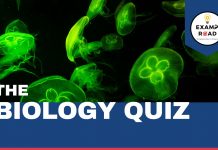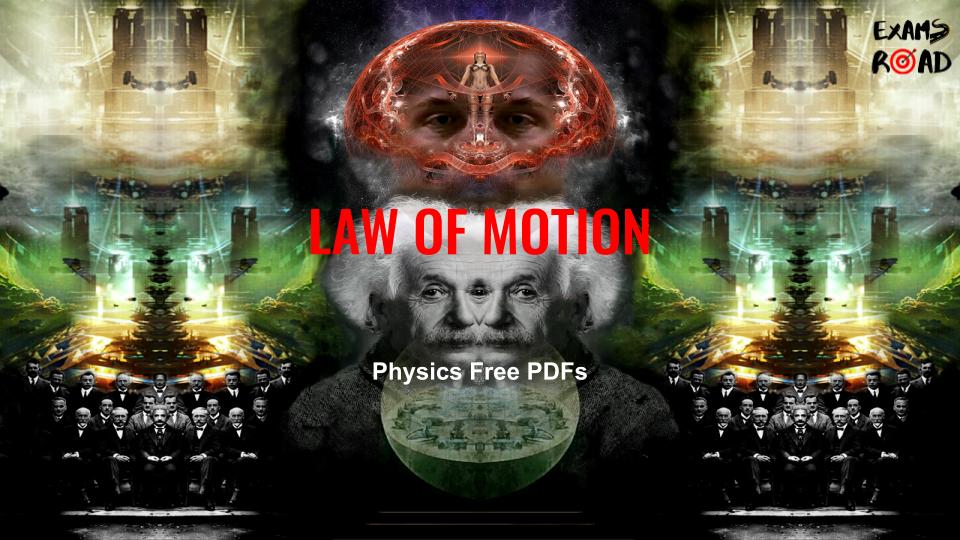Biology Quiz on Sporulation: NEET is the most coveted medical entrance examination carried out across the country. It is an objective type, pen-paper test comprising 4 sections – Physics, Chemistry, Botany and Zoology. The maximum marks that can be scored are 720 marks and consists of 180 questions. 50% of the paper is dedicated to Biology, as the NEET exam primarily aims at enabling students to take up seats in medical courses. Biology is one of the most important and vital sections in NEET. It includes theories, descriptions, discoveries, diagrams, definitions, explanation of differences and relations. Most of the concepts covered in the NEET syllabus are from the NCERT syllabus of Class 11 & 12. In this post we are providing you biology quiz on Sporulation.
Biology Quiz on Sporulation
1. Spores produced endogenously are found in all except this
(a) Rhizopus
(b) Mushroom
(c) Mucor
(d) Albugo
(b) Mushroom
2. _____________ is used to refer to the growth of bacteria or microbes
(a) increase in the number of cells
(b) change in the total population
(c) increase in the mass of an individual entity
(d) increase in the size of an individual entity
(a) increase in the number of cells
3. The daughter cells that are formed when the septum forms near the poles of the cell is known as
(a) daughter cell
(b) macrocell
(c) minicell
(d) microcell
(c) minicell
4. _____________ is also used to address lag phase
(a) generation time
(b) transitional period
(c) period of initial adjustment
(d) none of the above
(c) period of initial adjustment
5. A fold or bleb like formation is seen in this bacteria
(a) E.coli
(b) Bacillus subtilis
(c) Rhodopseudomonas acidophila
(d) Streptococcus faecalis
(a) E.coli
6. This is not a characteristic of a growth curve
(a) every growth curve has 4 distinct stages
(b) Graph numbers of microbes versus time
(c) plotted with logarithmic numbers
(d) under relatively stable environmental conditions, development of microbial population is seen
(a) every growth curve has 4 distinct stages
7. This can best describe a microbial control protocol inhibiting the growth of molds and yeasts
(a) fungistatic
(b) bactericidal
(c) fungicidal
(d) bacteriostatic
(a) fungistatic
8. In gram-positive cells, during its reproduction, synthesis of new membrane material is carried out by this organelle
(a) cytoplasmic membrane
(b) endoplasmic reticulum
(c) mesosome
(d) nucleus
(c) mesosome
9. In bacteria, sporulation takes place in this growth phase
(a) phase of decline
(b) log phase
(c) lag phase
(d) stationary phase
(d) stationary phase
10. Rhodopseudomonas acidophila follows this mode of reproduction
(a) Budding
(b) Sporulation
(c) Fragmentation
(d) Binary fission
(a) Budding
Subject-wise Tricks Tips & Question with Solution PDFs
| S.NO | Subject Name | Topic-wise PDFs Download Link |
| 1. | Chemistry Notes PDF | Click Here to Download Now |
| 2. | Maths Notes PDF | Click Here to Download Now |
| 3. | Physics Notes PDF | Click Here to Download Now |
| 4. | Biology Notes PDF | Click Here to Download Now |
Syllabus and Previous Year Papers |
|
| Chemistry Syllabus for NEET & AIIMS Exams | Click Here |
| Chemistry Syllabus for JEE Mains & Advanced | Click Here |
| Chapter Wise NEET Chemistry Syllabus | Click Here |
| Physics Syllabus for NEET & AIIMS Exams | Click Here |
| Physics Syllabus for JEE Mains & Advanced | Click Here |
| Chapter Wise NEET Physics Syllabus | Click Here |
| Biology Syllabus for NEET & AIIMS Exams | Click Here |
| Chapter Wise NEET Biology Syllabus | Click Here |
| Maths Syllabus for JEE Mains & Advanced | Click Here |
| Download NEET Previous Year Question Papers with Solution | Click Here |
|
|
|
| https://www.facebook.com/ExamsRoadOfficial | |
| Telegram | https://telegram.me/ExamsRoad |
| https://twitter.com/ExamsRoad | |
| https://www.instagram.com/ExamsRoad/ | |
| YouTube | Click Here To Subscribe Now |
Thank You.
By TEAM ExamsRoad.com


















